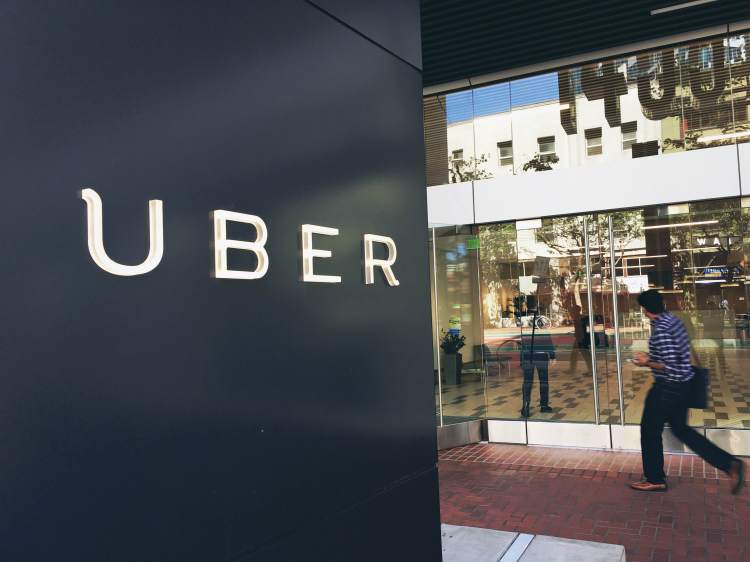It’s not like Uber founder Travis Kalanick didn’t already have a long list of battles he needed to fight if he was ever going to deliver on his company’s sky-high private valuation.
Now he’s got one more giant cherry of a problem to put on top of a sizable sundae of worries: The world’s most valuable company is escalating the competitive stakes in (arguably) one of Uber’s most critical markets by making a monster investment in its biggest rival.
Ouch. Kalanick reacted by trying to make light of Apple’s surprising decision to cough up a $1 billion investment in China’s Didi Chuxing:
girlfriend owns @apple shares which makes her a didi investor… #Smh #ridesharewars #domesticissues #thanksALotTim
— travis kalanick (@travisk) May 13, 2016
However, it’s unlikely the investors who have pumped $9 billion in venture capital into Uber are LOL-ing each other over WhatsApp this morning. With Uber’s valuation reportedly around $65 billion (compared to Apple’s public market valuation of around $500 billion), Uber’s investors are betting that the company is going to be a global giant.
That’s challenging enough, as Uber continues to fight regulatory battles across a growing number of fronts in both the U.S. and abroad. And it’s still trying to buff its image as it fends off criticism about women’s safety and the pay structure for its drivers.
Over the long run, fulfilling investors’ hopes means breaking big in places like China and India. Yet India has been challenging, especially following a rape scandal and the heated competition with locally based Ola Cabs.
Meanwhile, China had already proved a tough nut for Uber. Last summer, the company began publicly complaining that Didi was receiving unfair support from one of its investors, Tencent. Uber claimed that because Tencent was blocking Uber on its WeChat app, Uber was at a competitive disadvantage in China.
Now Didi has a shiny new war chest to guarantee that it can fight Uber harder than ever and maintain its home turf advantage. And while this is pure speculation, it seems safe to assume Uber is going to have to up its investments in China in both the short and long terms.
This means raising even more money and having to explain how it’s going to outflank Didi AND Tencent AND Apple in China — or diverting resources from other markets.
It would be a stretch, of course, to say Apple’s investment is fatal for Uber, which has millions of users who love it and will support it.
But the prospect of grueling trench warfare in China is going to make Uber’s future more precarious than ever.
This picture from last week's Met Gala just took on a slightly more fun twist. pic.twitter.com/H4SapyZ1JY
— Neil Cybart (@neilcybart) May 13, 2016


